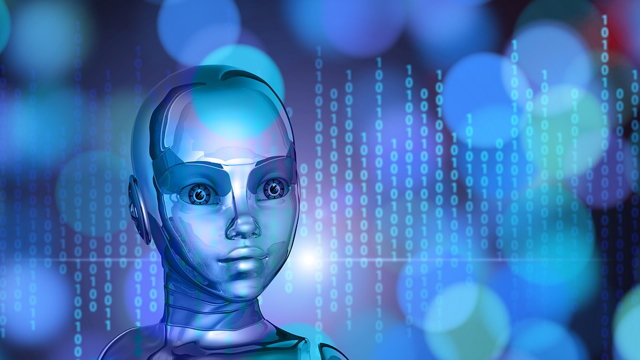AI-Based Software Automating Mundane Workplace Chores
August 8, 2018
Artificial intelligence is making its way into the workplace via the back office, automating tasks in accounting, billing, payments and customer service, and is capable of scanning documents, filling out spreadsheets and checking accuracy of records. In early projects, AI bots are following simple rules, observing and making yes-no decisions rather than high-level choices. Bigger things are coming, especially from tech companies like IBM, Microsoft and Oracle, which partner with robotic automation startups.
The New York Times reports that, “two of the leading startups, UiPath and Automation Anywhere, are already valued at more than $1 billion,” and that one forecast predicts that “the market for the robotlike software will nearly triple by 2021.”
“This is the beginning of a wave of AI technologies that will proliferate across the economy in the next decade,” said Accel general partner Rich Wong, who is an investor in UiPath. This sector, dubbed robotic process automation, is made up of bots that rely on AI to do simple tasks. Research firm McKinsey & Company reports that, “nearly 60 percent of the companies with more than $1 billion in revenue have at least pilot programs underway using robotic automation.”
Among the companies and government agencies adopting robotic process automation are General Motors, BMW, General Electric, Unilever, Mastercard, Manpower, FedEx, Cisco, Google, the Defense Department and NASA.
State Auto Insurance Companies in Columbus, Ohio got involved two years ago, and now has “30 software programs handling back-office tasks, with an estimated savings of 25,000 hours of human work — or the equivalent of about a dozen full-time workers — on an annualized basis, assuming a standard 2,000-hour work year.” Technology manager Holly Uhl, who leads the program, said cutting jobs isn’t the goal, but rather to increase productivity and revenue, while automating those tasks that drive workers crazy.
That’s in line with automation companies that “promote the bots as helpful assistants instead of job killers … liberating workers rather than replacing them.” But, according to analysts, AI-empowered software automation “will ultimately bring job losses.” Forrester Research predicted that, “by 2021, robotic automation technology will be doing the equivalent work of nearly 4.3 million humans worldwide.”
That doesn’t mean there will be 4.3 million layoffs, as “the bots may do work not previously done by humans, and people may move onto new jobs.” “But these initial bots will get better, and the task harvesting will accelerate,” said Forrester VP and principal analyst Craig Le Clair. “For workers, there will be a mix of automation dividends and pain.”


No Comments Yet
You can be the first to comment!
Sorry, comments for this entry are closed at this time.